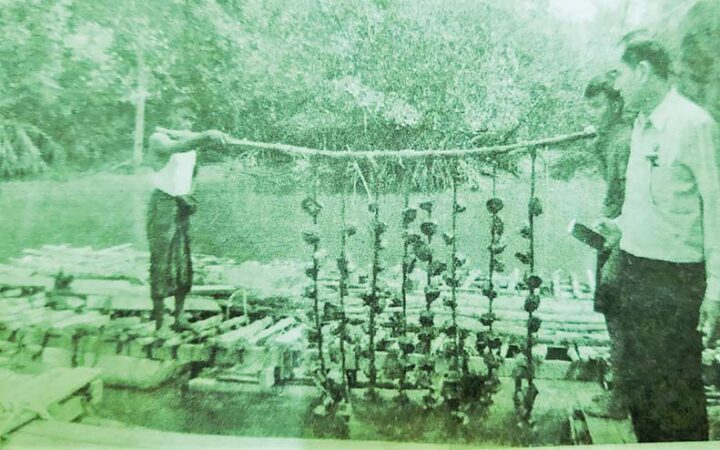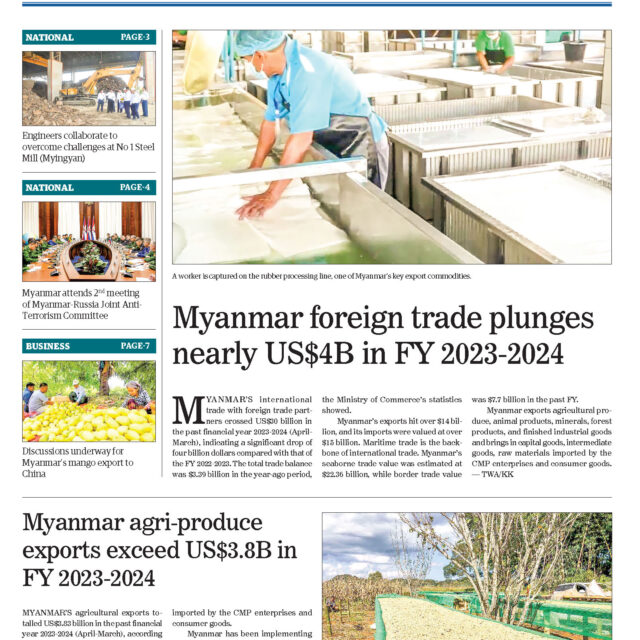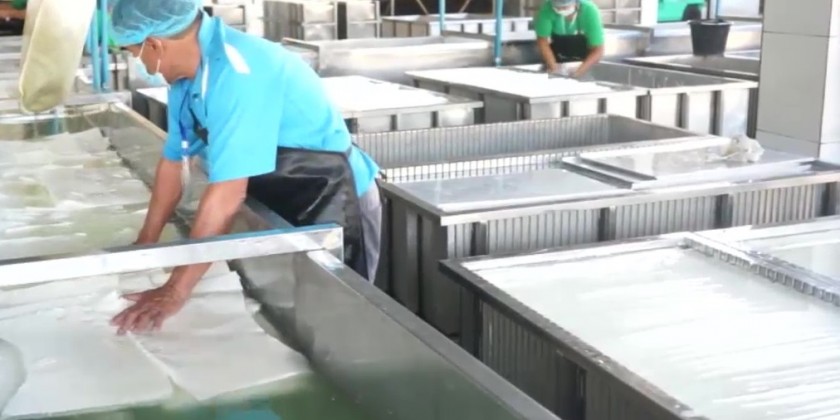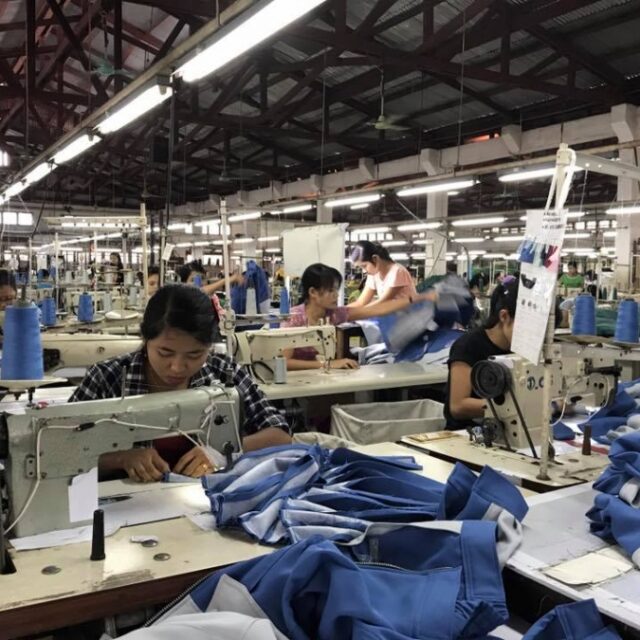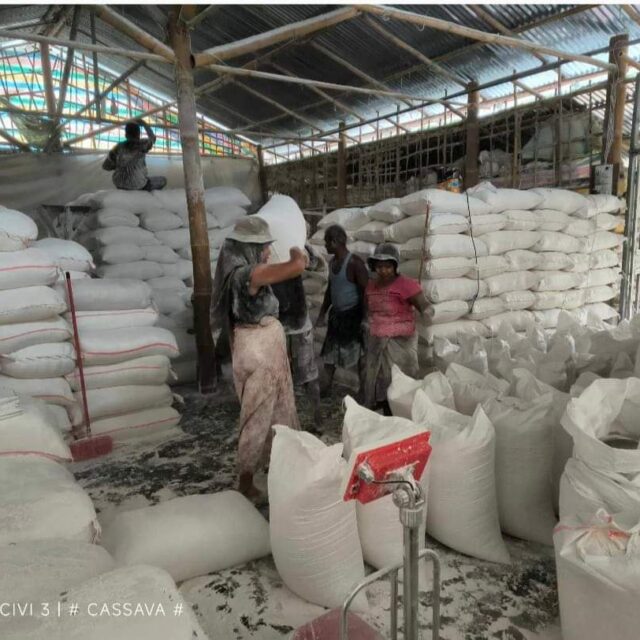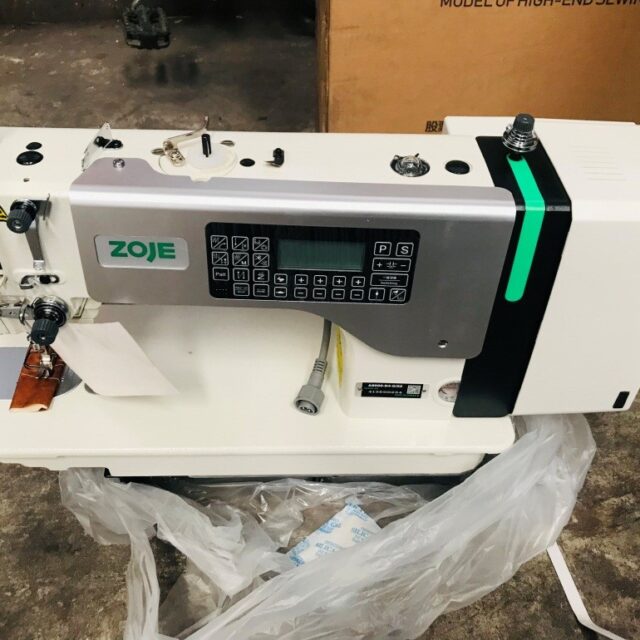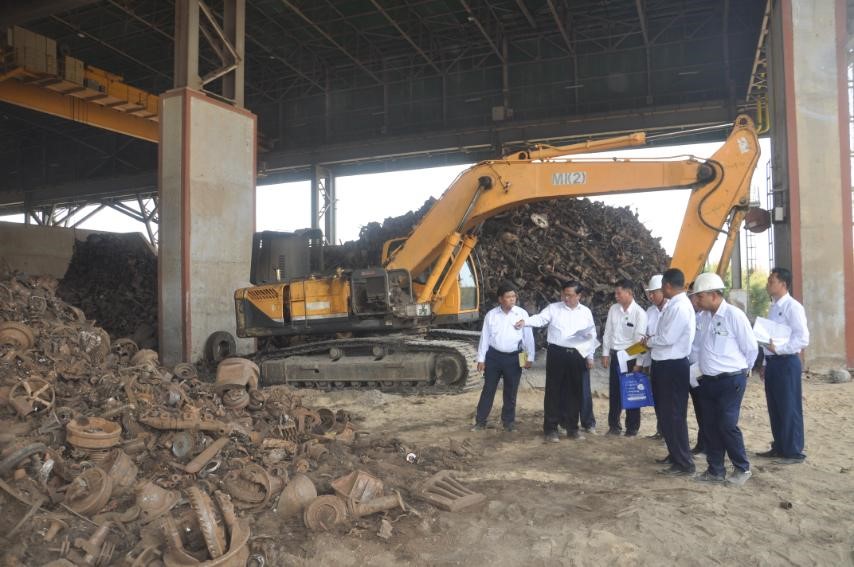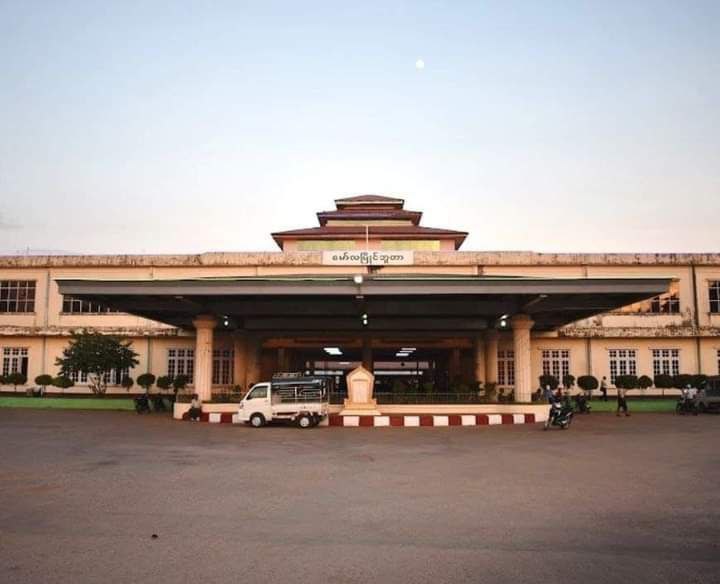Rakhine State conveys oysters and orange-spotted grouper (Epinephalus coiodes) to Yangon and other large cities, according to the Rakhine State Fisheries Department.
People breed oysters for one year and a half and they are marketable between six-eight inches. The hotels and restaurants offer delicate oysters. It costs between K1,500 and K2,000 per oyster at farms and the hotels and restaurants sell over K5,000 per value-added oyster.
The people can eat oysters only in their season and now they are commercially bred and mainly shipped to the Yangon market. If the shell of an oyster is damaged when taken from the rocks, it can affect the quality and they are bred on mangrove rocks by covering with tyres or in a line.
“We get baby oysters in mangrove forests while orange-spotted groupers in the mangrove of Rakhine State, Taninthayi and Yangon regions. The Rakhine State Fisheries Department also make efforts to find the proper mangrove forests to produce oysters and orange-spotted groupers. Oyster sauce can be produced from the oyster. If the number of oyster farmers becomes high, the value-added oyster sauce can be produced. There are nearly 100 acres of oyster and orange-spotted grouper farming in Rakhine State. These two marketable products are bred in creeks, bays and mangroves of Rakhine State,” said Director U Thet Oo of the Rakhine State Fisheries Department.
The people also breed orange-spotted groupers, which are marketable in their six months. During over one year and a half investment period, orange-spotted groupers are bred that can earn incomes within three and eight months.
The price is between K15,000 and K30,000 per orange-spotted grouper. Sales are on the rise as seafood. The oysters and orange-spotted groupers are mainly produced in Thandwe, Gwa, Manaung, Yanbye and Kyaukpyu townships. — Nyein Thu (MNA)/GNLM
Rakhine State produces oysters, orange-spotted groupers on commercial scale
- July 18, 2022
- 950
